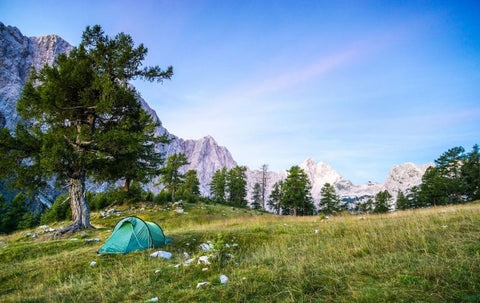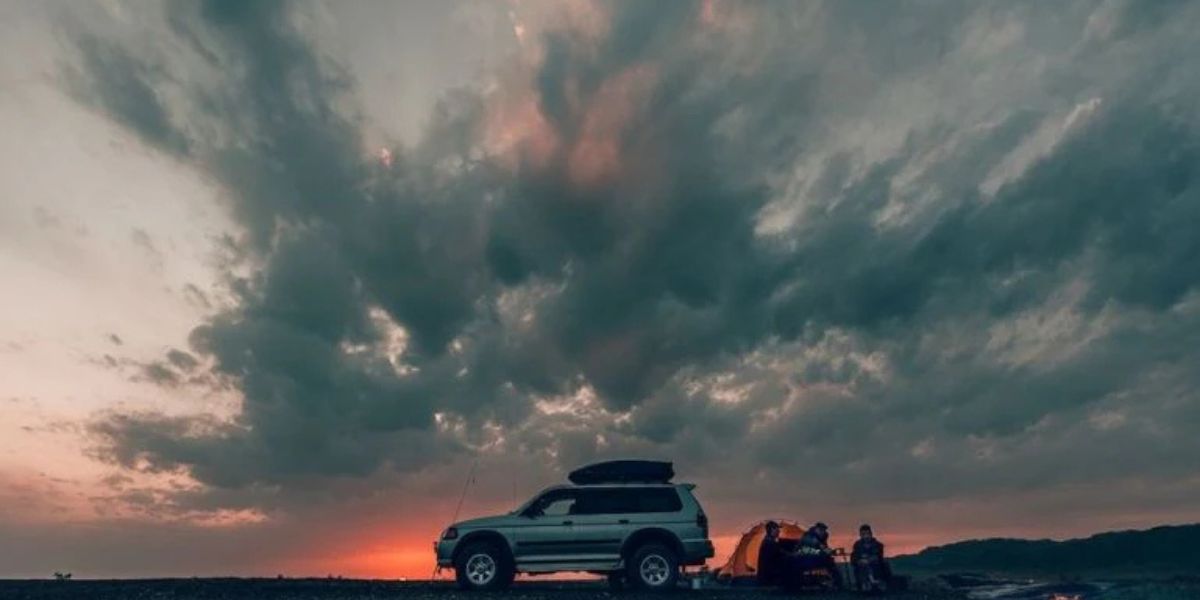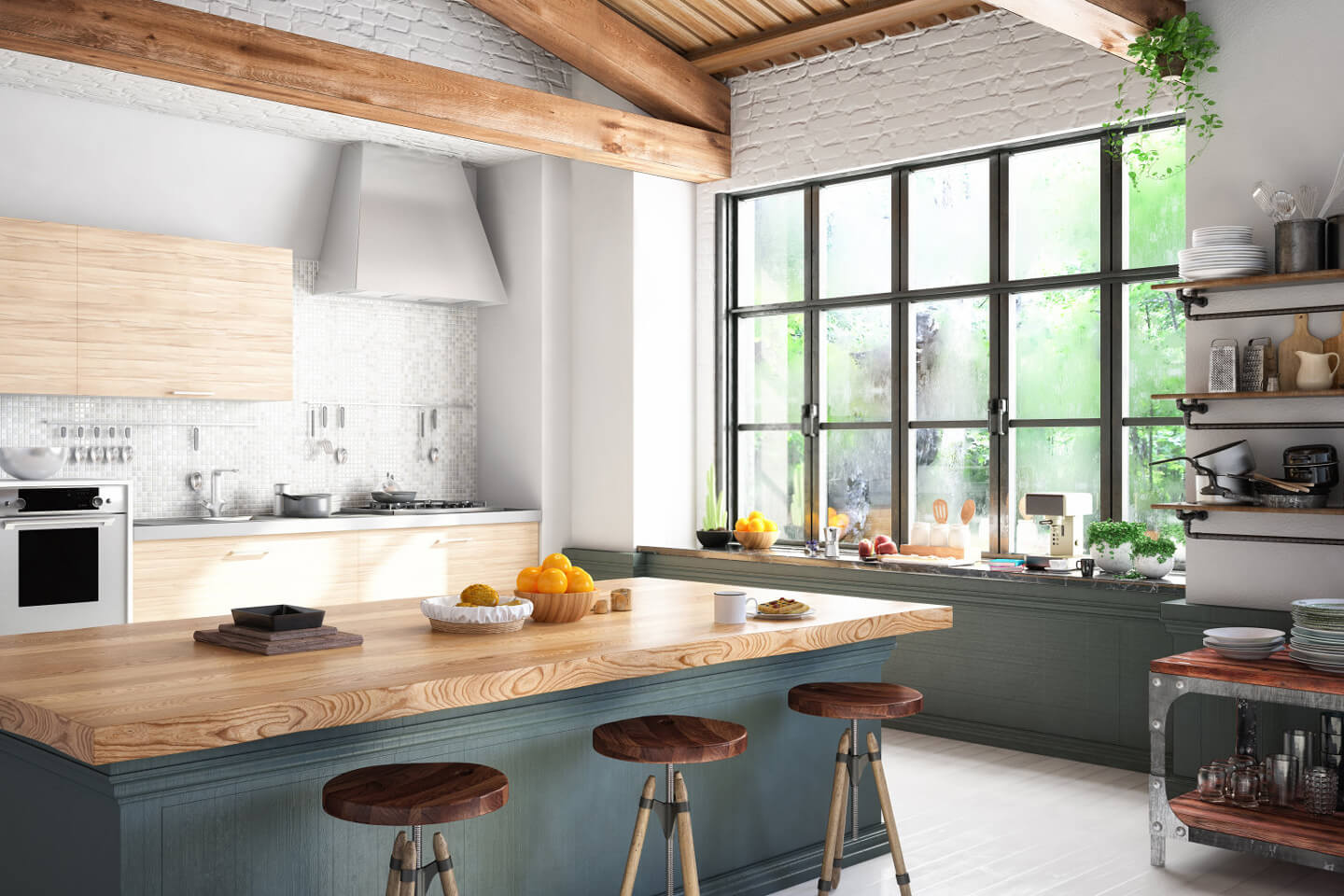WHEN MY FRIENDS ask me to go camping, I usually have an arsenal of excuses ready. “Sorry, I’ll be out of town,” “Sorry, I already have plans,” or “Sorry, I might be getting my wisdom teeth out just for fun.” I have never camped before in my life. The idea always intrigued me, but the practical realities of buying camping gear, sleeping in the elements, and swatting mosquitoes away from my less-than-appetizing dinner of burnt sausages felt daunting and unnecessary.
But COVID-19 pulverized my excuses. These days no one has plans, going out of town isn’t believable, and the dentists aren’t doing elective surgeries. Camping is one of the only activities we’re allowed to do, as responsible travelers. It also doesn’t help that I’ve been quarantining in Colorado, after a lifetime living outside of Boston where avoiding the outdoors is slightly acceptable. Out in the Rocky Mountains, judgments over never going camping reach new heights.
So last weekend I finally said “yes” to camping, with one of Matador’s Outdoor editors, no less. If not now — with no excuses, no options — when? As we pulled up to the dispersed campsite in Eagle, Colorado, the astounded “you’ve never been camping!?” remarks echoed in my ears from the past 29 years of my life. At the very least, those were words I’d never hear again. I was pretty sure I’d be miserable, but vowed to approach the experience with an open mind. Here’s what I discovered.
“Camping” means whatever you want it to mean.
Camping culture is a bit tricky. It’s supposed to be all about nature, inclusivity, holding hands around a fire, and listening to that one guy play his acoustic guitar off tune. When you pull back the layers, though, you realize camping culture can be rather judgmental. You can’t make a fire? You don’t know how to set up a tent? You think glamping is real camping? Avid campers have a firm idea of what “camping” should be, and it can be a bit intimidating, especially if you’re camping with people more experienced than you.
But take it from a guy who definitely didn’t camp like a purist. Camping is whatever you want it to be. We heated up a frozen pizza on a portable grill, drank sake out of measuring cups, and I slept in the back of a truck rather than cozying up in the tiny two-person tent — and it was great. Sure, I could have rolled out a sleeping bag on the bare earth just to appease the imaginary camping gods, but I’ll take a dry, good night’s sleep in a truck with tinted windows any day of the week — I still got to wake up surrounded by nature. Don’t let anyone define camping for you. It’s a complete myth that camping has to mean roasting s’mores, catching at least three fish, and hiking a Fourteener all before lunch. Camping can change to fit your own personality and adventure style, and everyone can (and should) derive something different from the experience.
It's Social Distancing at it's best

Usually, summer means our attention is pulled in a thousand different directions. Between pool parties, BBQs, bar hopping, and music festivals, the entertainment field is typically pretty crowded. Not so in 2020. The coronavirus hasn’t just leveled the playing field — it’s knocked out the competition, rang the bell, and raised camping’s hand in the air.
With most of our favorite summer pastimes canceled or dramatically altered due to the coronavirus, camping remains unscathed. Medical experts agree that camping is one of the safest summer activities we can practice, and we don’t even have to worry about masks or giant plastic bubbles. Rebecca Katz, director of the Center for Global Health Science and Security at Georgetown University Medical Center, told NPR, “As far as summer activities go, [camping] is least risky from a virus perspective.” Of course, sleeping in the same tent as 26 strangers isn’t advisable, but generally speaking, you can embark on a camping trip with peace of mind — which, at a time when the news cycle is soul-crushing, is pretty much the best thing you can hope for.
Just go to say you did it
You should never do something just because you feel pressured to do it, but if you’ve never been camping, you should probably examine the reason why. I spent over 20 years declining camping invitations because I was sure I’d hate it, and ultimately, it took a pandemic to get me into the woods. It shouldn’t have taken that long.
Deciding an experience isn’t your cup of tea — whatever that experience may be — is perfectly fine, as long as you actually try it first. I used to wear my lack of camping experience as a badge of honor — a weird, reverse-hipster right of passage that I stubbornly refused to shed. I did myself a disservice. The only thing dumber than judging people for not camping is passing judgment on an activity without ever taking the plunge yourself. So even if it’s the most miserable weekend of your life, and you find yourself dissecting the experience with a therapist years later, go camping anyway — even if it’s just to be able to make this excuse next time: “Sorry, I’ve been before, and it ain’t for me.” Thankfully, that won’t be the case for me.
The next time I go camping, I have no idea if I’ll sleep in the truck again or brave the tent. I don’t know if I’ll eat roasted sausages or another frozen pizza, go backcountry camping or hit up a glampsite. But one thing I do know: There will be a next time.








